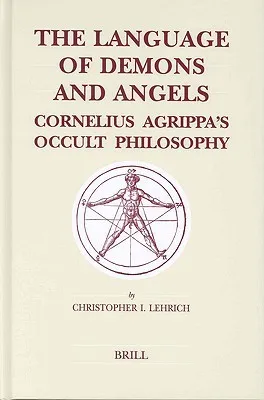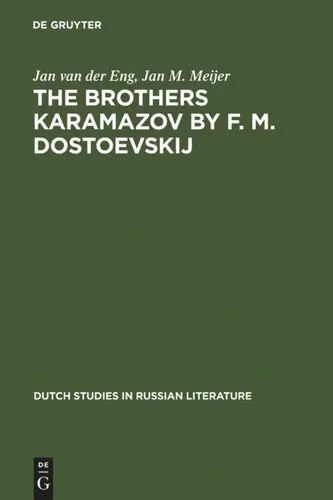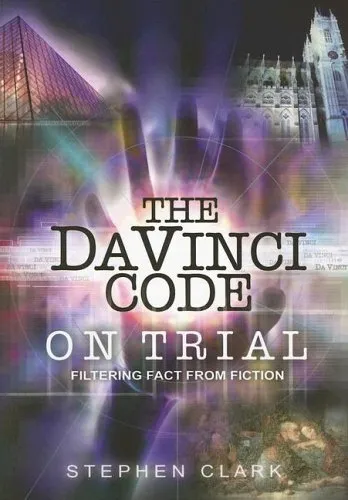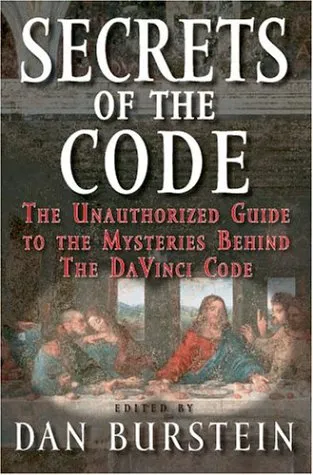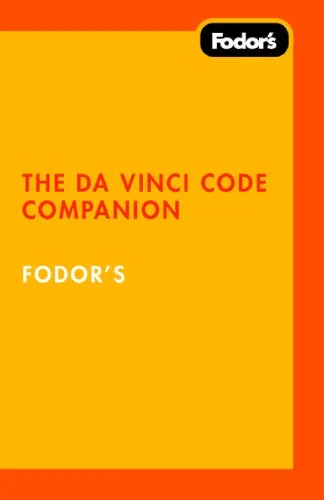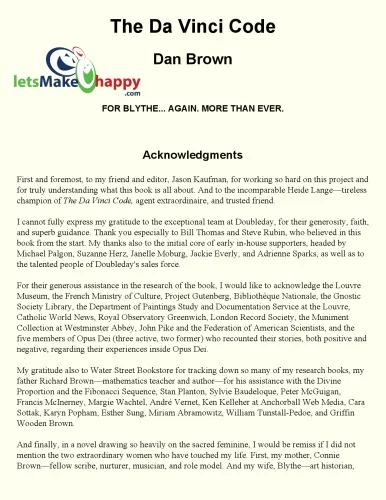The Language of Demons and Angels: Cornelius Agrippa's Occult Philosophy
4.0
Reviews from our users

You Can Ask your questions from this book's AI after Login
Each download or ask from book AI costs 2 points. To earn more free points, please visit the Points Guide Page and complete some valuable actions.Related Refrences:
Introduction to 'The Language of Demons and Angels: Cornelius Agrippa's Occult Philosophy'
Welcome to an exploration of one of the most intriguing intersections of language, mysticism, and philosophy: 'The Language of Demons and Angels' by Cornelius Agrippa. This book delves deep into the intricate lattice of occultism as formulated by the renowned Renaissance thinker, Heinrich Cornelius Agrippa von Nettesheim. It is an insightful journey into the profound and oftentimes enigmatic world of occult philosophy and the role played by language in understanding the mystical and supernatural.
A Detailed Summary of the Book
Cornelius Agrippa, a polymath of the Renaissance, is celebrated for his influential works in theological and occult studies. 'The Language of Demons and Angels' meticulously examines Agrippa's seminal text, 'De Occulta Philosophia,' providing a deeper understanding of his theories concerning the occult sciences. Using a philological approach, Agrippa discusses the language through which humans can communicate with spiritual entities—both celestial and infernal. His work proposes that language is not merely a tool for mundane communication but a crucial component in rituals and invocations, enabling interactions with supernatural forces.
Agrippa's philosophical treatise further explores the nature of angels and demons, the hierarchy within the celestial and infernal realms, and their respective languages. The book also addresses the significance of magical symbols and how these signs are employed within rituals aimed at summoning and commanding spiritual beings. This complex examination is rooted in medieval and Renaissance esoteric traditions, presenting a synthesis of Agrippa's religious beliefs, scientific inquiries, and mystical speculations.
Key Takeaways
- Understanding the fundamental role of language in the practice of magic and communication with non-human entities.
- Insight into the dynamics between the spiritual and physical realms as perceived in Renaissance occult philosophy.
- Agrippa's elaboration on the significance of astronomical and astrological knowledge in the practice of magic.
- An exploration of the ethical and moral considerations within the context of invoking supernatural beings.
- Recognition of the historical and cultural influences that shaped Renaissance esoteric traditions.
Famous Quotes from the Book
“Magic is a faculty of wonderful virtue, full of most high mysteries, containing the profound contemplation of most secret things.”
“The human soul, if it wills and is satisfied, is so joined to and knit to the uniting force of the gods that it becomes a singular virtue of them.”
Why This Book Matters
The exploration of demonic and angelic languages as presented by Agrippa is not merely a historical curiosity; it serves as a potent reminder of the depth and breadth of human intellectual pursuits. 'The Language of Demons and Angels' offers valuable insights into the Renaissance worldview, characterized by a blend of mysticism, science, and theology. It captures the transitional spirit of a period that sought to reconcile ancient knowledge with emerging scientific inquiry.
Agrippa’s work is pivotal for anyone interested in the history of magic, the development of philosophical thought, and the lasting impact of esoteric traditions on modern spiritual and religious practices. By examining the ways in which language functions as a nexus between worlds, the book challenges readers to reflect on the power of words and symbols in shaping reality and consciousness.
Free Direct Download
You Can Download this book after Login
Accessing books through legal platforms and public libraries not only supports the rights of authors and publishers but also contributes to the sustainability of reading culture. Before downloading, please take a moment to consider these options.
Find this book on other platforms:
WorldCat helps you find books in libraries worldwide.
See ratings, reviews, and discussions on Goodreads.
Find and buy rare or used books on AbeBooks.
Questions about Book
1531
بازدید4.0
امتیاز0
نظر98%
رضایتReviews:
4.0
Based on 0 users review
Questions & Answers
Ask questions about this book or help others by answering
No questions yet. Be the first to ask!
